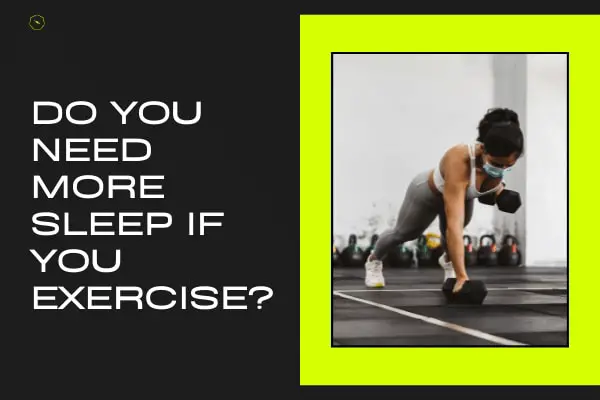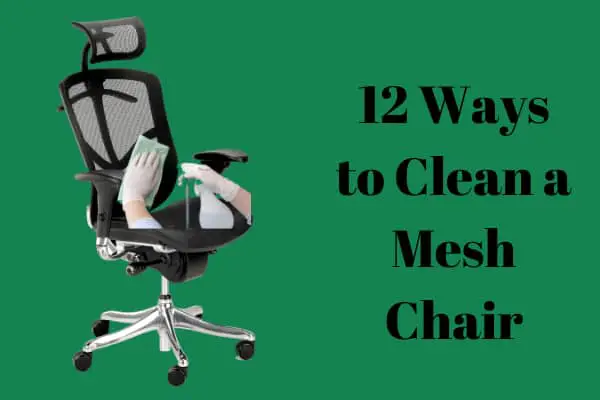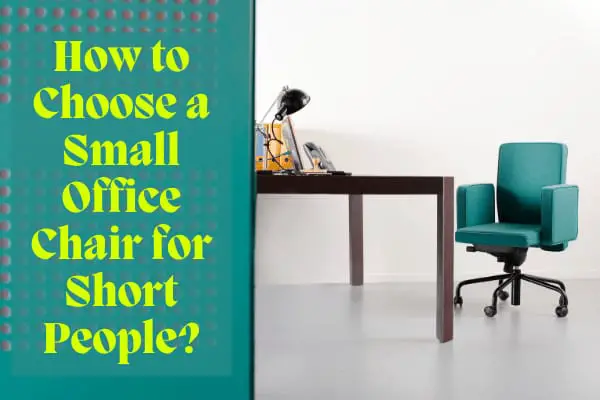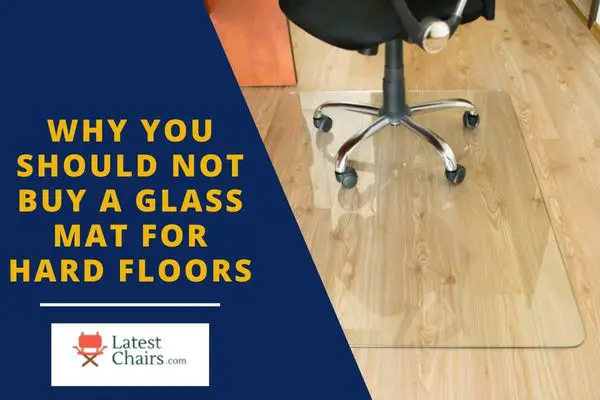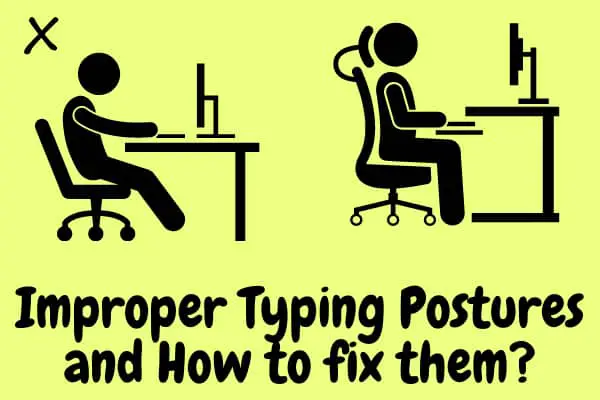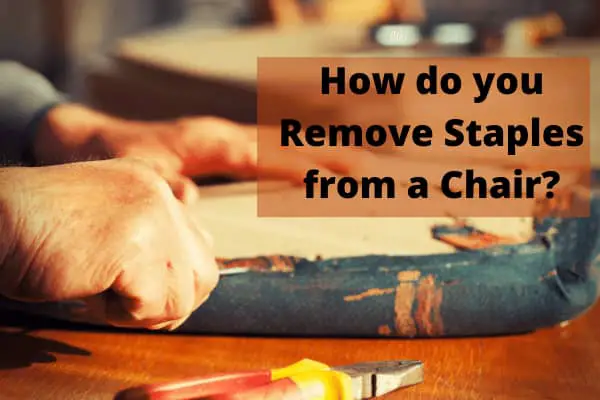Sleep is important for the human body. Whatever is your hobby, way of life, or work, you can get only numerous benefits from a night of healthy and sufficient sleep. But rigorous training, fitness schedules, workloads lead to an imbalance between sleep and exercise. But do you need more sleep if you exercise regularly?
Today many people are going in for sports: they do exercises, yoga, pilates, aqua aerobics, and much more. No doubt that all these attempts for staying healthy and happy add value and quality to our life. However, for many of us, it is difficult to find the right balance between keeping awake and sleep.
People are still concerned about the impact of sport on their sleep. Let us reveal all concerns and their reasons and find the right answers to these questions.
Benefits of Exercises
Since the relationship between sleep and exercise is constantly investigated in society, these studies have pros and cons. Of course, exercises can alleviate problems with sleep for many people. Constantly exercising the human body needs an adequate amount of rest.
Without quality rest, the human body will experience a decrease in physical activity on the next day. If your body is not supported with high-quality sleep, you will get less healthy physical activity levels.
How Do Exercises Impact Sleep?
Regular exercises have many benefits. They protect from many diseases and provide a higher quality of life. Let’s review several groups and consider the positive impact of exercises.
Light exercises, Yoga and Pranayama are highly recommended for elderly people. They have less risk of being injured during a fall.
They have stable blood pressure and a perfect mood. Pregnant women who do exercise on a regular basis are less likely to gain weight or suffer from postpartum depression.
For these reasons, these two groups almost have not problems with sleep. The more active is your day, and the calmer and healthier is your night.
Sleep-related benefits of exercise make more and more people live an active lifestyle since it improves healthy sleep.
Moderate-to-vigorous exercises increase quality sleep. It happens due to reducing sleep onset. Also, exercises impact the amount of time necessary for falling asleep. Many people experience problems with falling asleep and lie awake for a certain amount of time or even all night.
People who face daytime sleepiness can easily get rid of it through exercise. Thus, by doing exercises, you can have more free time instead of daily sleep and devote it to many other interesting activities.
Being active and doing exercises the human body changes its rhythms, so, you can fall asleep without a need for sleep medications.
Less Daytime Activity and Sleep
In a norm, a human body should sleep 7-8 hours and not more. It is important to keep in mind that the quality of sleep at night directly affects human’s physical and mental health.
Also, it affects how well people feel during their daytime. Emotional balance, brain and heart health, productivity, immune function, vitality, weight, and even creativity are directly affected by the quality of sleep.
Sleep is the only unique activity that delivers endless benefits with little effort. Scientists have proven that even minimal sleep loss can significantly impact mood, mental sharpness, ability to handle stress, and mood as well.
Answering the questions of how much sleep is required daily, it is important to understand the difference between sleep amount people need and can get. Both affect the ability to function optimally.
Most people among adults usually need from 7 to 9 hours of good sleep. However, there are some people who feel good after 6 hours as well. As to people over 65 years they should sleep not less than 7-8 hours. Pregnant women usually need more sleep and especially during their first 3 months.
So, do you need less sleep if you are less active? To figure out your sleep needs just make notes about how you feel during a day. If you meet your sleep demands and feel good and energetic during a day, then write down how many hours of healthy sleep you need for that.
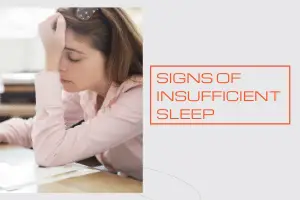
Signs of Insufficient Sleep
Sleep deprivation will lead to many problems with health, the concentration of attention, lack of energy, slowed thinking, problems with memory, and irritability. A zombie-like feeling is a well-known state almost for everyone who has minimal sleep hours or even did not have them at all.
These are the main signs of poor sleep or its total absence during a night:
- Reduced attention span.
- Worsened memory.
- The lack of energy.
- Mood changes such as stress, irritability, and anxiety as well
- Slowed thinking
- Poor decision making
Depending on circumstances, sleep deprivation is classified in various ways according to three types.
- Insufficient sleep is commonly related to chronic sleep deficiency and is related to poor or ongoing sleep deprivation and sleep fragmentation and other disruptions.
- Insufficient sleep syndrome or so-called chronic sleep deprivation is a terminology defined by the American Academy of Sleep Medicine. It results in shorter sleep time for three to four months.
- Acute sleep deprivation lasts not long. Commonly it takes a few days or even less. It also reduces sleep time.
Relation between Sport and Sleep
Do you need more sleep if you lift weights? This is a common question for all those preparing for a hard workout session. Commonly everyone needs 7 hours of sleep on a 24-hour day. However, mentally or physically active people need more sleep, and here is why.
People who are engaged in lifting weights or any other hard work in Gyms should know that they are more impacted by sleepiness. Such sleepiness is felt due to adenosine-a chemical creating sleepiness that is created by a human body and broken down to give more energy.
The human brain works according to special mechanisms that help clear adenosine from it. For this reason, we wake up refreshed when getting sufficient sleep. Otherwise, wake up groggy means that adenosine is still circulating.
As to physical exercises, then their levels matter. What does leave you exhausted? Let us take two people. One of them is a professional runner, and another is not. The non-runner will have more stress response since breaking more ATP. Therefore, the non-runner will feel a lot sleepier then the other person.
Keep exploring this page for more offers, discounts, promotions, information, and reviews on the latest chairs and ergonomics tips.

